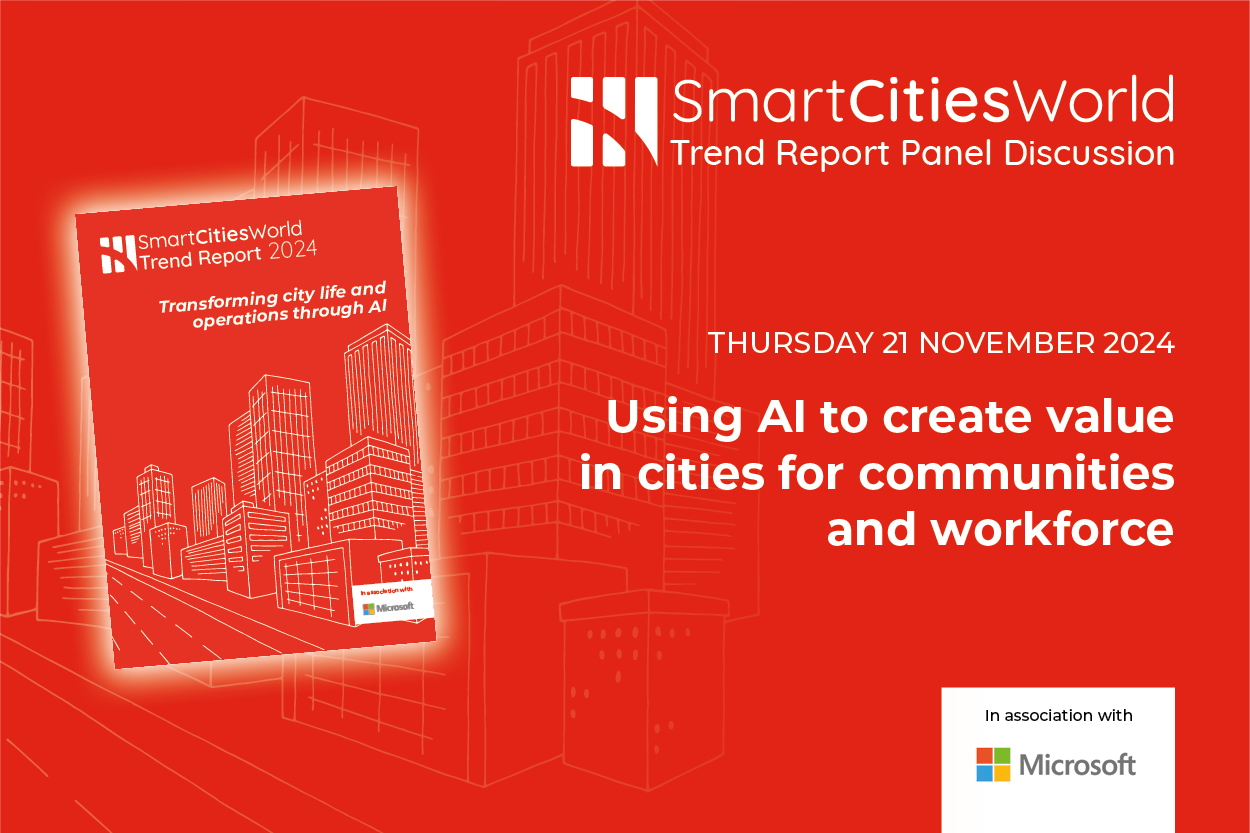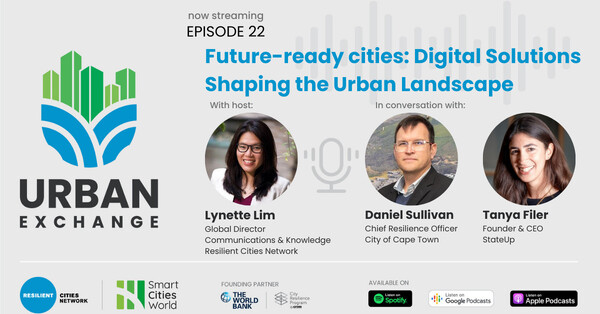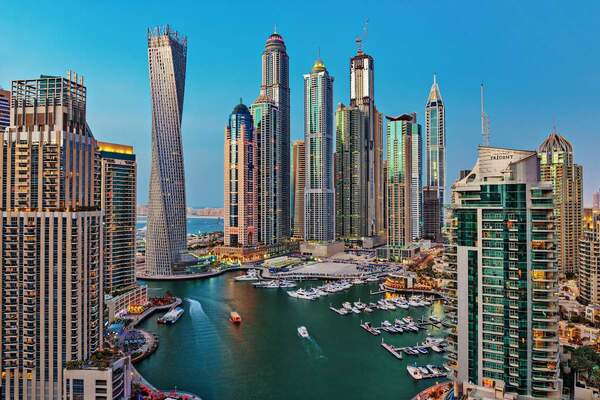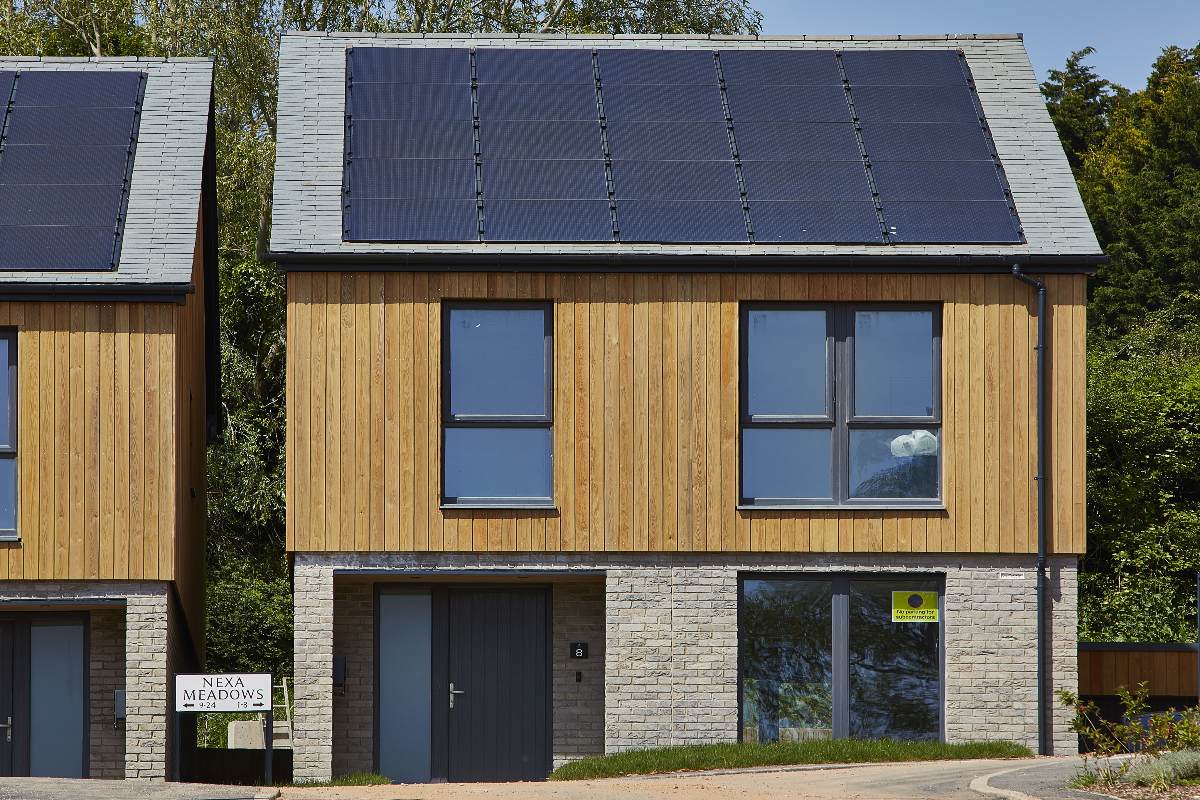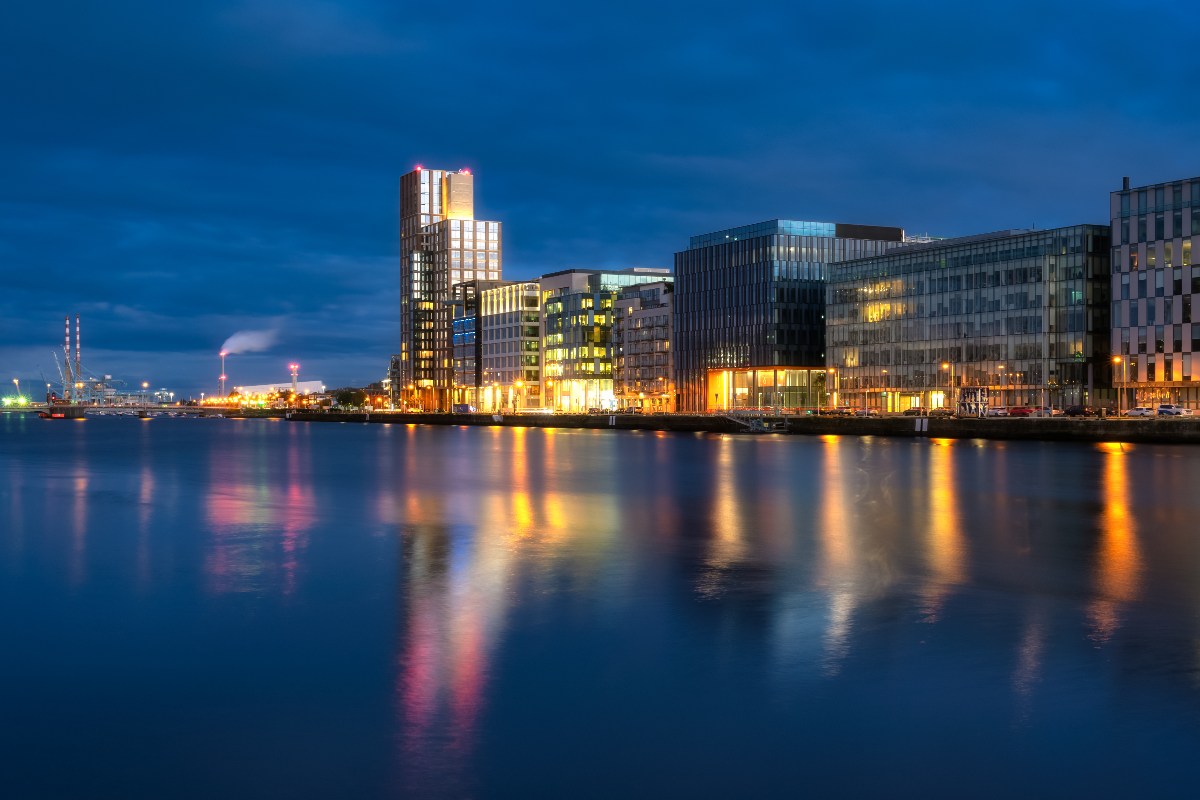Special Reports
SusHi Tech Tokyo 2024: experience ‘Tokyo 2050’ todaySponsored by The SusHi Tech Tokyo 2024 Showcase Program Executive Committee
Can’t get no satisfaction, by SCW editor Melony Rocque
Dubai is out to make itself the happiest city on earth – the kind of place that Ken Dodd might have wanted to live in

Remember the summer of 2012 when the UK basked in Olympic glory? The sun shone. Citizens became Games Makers. People smiled at you on the London Tube. There was no traffic. As a nation we were happy.
Fast forward to the summer of now; no one’s smiling that much anymore. Here in the UK we’re facing great economic uncertainty and political infighting reminiscent of the French Court back in the 1700s. We’ve witnessed pathetic English football, and have been lashed with rain, day upon day upon day. The summer to date has been an absolute wash out. Andy Murray, Louis Hamilton and Wales have given us flashes of joy momentarily, but in the balance are we happy? I think not, but how accurate is this?
If I lived in Dubai I might have a greater handle on this whole happiness question, as under its smart city initiative Dubai is out to make itself the happiest city on earth – the kind of place that Ken Dodd might have wanted to live in.
Happiness is measured in the merry old land of Dubai through its Willy Wonka-esque sounding Happiness Meter – the world’s first “citywide, live sentiment capture engine.” This unique initiative measures the satisfaction of citizens across the entire city including both private sector and government entities on a daily basis, using electronic touch points that are connected to a central network. This daily map of satisfaction is sent to decision–makers, who in turn use it to inform service provision and city improvements – effective citizen engagement in action.
Then of course there’s the Hedonometer project (which sounds like a zany machine in a Woody Allen movie), which set out to discover how happy citizens were across a number of US cities.
The Hedonometer designed by researchers at the University of Vermont with technology from the Mitre Corporation, chomps its way through millions of Tweets in a given geographical area to gauge real-time population happiness.
The measurement of joy relies on perceived happiness scores for individual words on a scale of 1 – 9, with 1 being extremely negative and 9 sublimely blissful. Somewhat depressingly it was found that people were happiest when they were away from home, and that words such as ‘heartburn’ and ‘starving’ were mentioned frequently in locales where there were high obesity rates.
With this kind of insider information, policy makers and public services can really start to refresh the parts that previous data analysis and scope has not been able to reach.
We all want to be happy – that’s what it’s all about, but happiness is always more than skin deep. Smart city initiatives are the only way we can delve into hidden depths, get access to a true panorama and identify causational chains.
Potentially as city dwellers, we’ve never had it so good.

